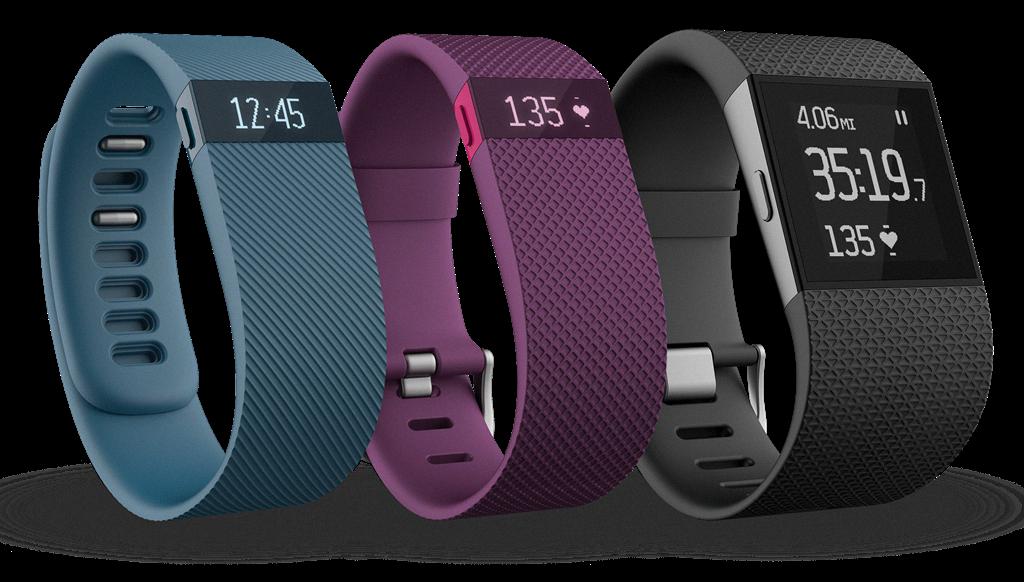When it comes to tracking our fitness goals, wearable devices like Fitbit have become increasingly popular. One of the key features that many users rely on is the calorie tracking function. But just how accurate are Fitbit calories?
Study Findings on Fitbit Accuracy
A recent study delved into the accuracy of Fitbit devices in measuring calories burned during various activities. The results were quite enlightening. While Fitbit devices were found to be relatively accurate in measuring calories burned while sedentary, with an 8% margin of error, the accuracy significantly dropped when it came to more dynamic activities.
Calorie Underestimation During Movement
One striking revelation from the study was that Fitbit devices can underestimate the number of calories burned while engaging in activities such as walking around the house. In fact, the underestimation could be as high as 74%, highlighting a potential limitation in the device’s accuracy.
Challenges with Weight Training
For individuals who incorporate weight training into their fitness routines, another challenge arises. The study revealed that Fitbit devices tend to overestimate the number of calories burned during weight training sessions. The margin of error in these cases ranged from 12% to 48%, indicating a significant discrepancy.
Factors Influencing Accuracy
Several factors can influence the accuracy of calorie tracking on Fitbit devices. One crucial factor is the individual’s unique physiology and metabolism. Since each person’s body functions differently, the device’s general algorithms may not always align perfectly with an individual’s actual calorie expenditure.
Device Limitations
Additionally, the design and technology of Fitbit devices themselves can pose limitations on their accuracy. Factors such as sensor placement, movement detection algorithms, and software intricacies all play a role in how well the device can track and calculate calories burned.
Room for Improvement
While Fitbit has made significant strides in improving the accuracy of its calorie tracking function, there is still room for enhancement. As technology continues to advance, we can expect to see improvements in algorithm precision and sensor capabilities, leading to more accurate calorie tracking results.
Considerations for Users
For Fitbit users relying on the device for calorie tracking, it is essential to be mindful of the potential margin of error. Understanding the limitations of the device and taking them into account when interpreting calorie data can help users make more informed decisions about their fitness and nutrition goals.
Alternative Validation Methods
For individuals seeking greater accuracy in tracking their calorie expenditure, incorporating additional validation methods can be beneficial. Supplementing Fitbit data with other tools such as heart rate monitors or metabolic testing can provide a more comprehensive picture of calorie burn during various activities.
Consulting with Fitness Professionals
Lastly, consulting with fitness professionals or nutritionists can offer valuable insights into calorie tracking and overall health and wellness goals. These experts can provide guidance on interpreting Fitbit data effectively and making adjustments to one’s fitness routine based on more accurate measurements.

Conclusion
In conclusion, while Fitbit devices offer a convenient way to track calories burned and monitor fitness progress, users should be aware of the device’s limitations in accuracy, especially during dynamic activities like weight training. By understanding these limitations and exploring alternative validation methods, users can optimize their fitness tracking experience and make more informed decisions about their health and wellness journey.
